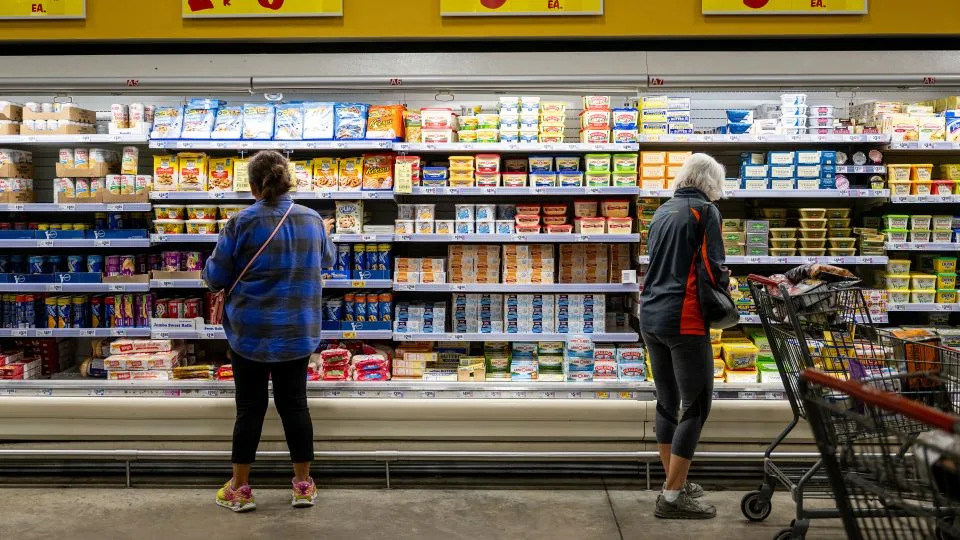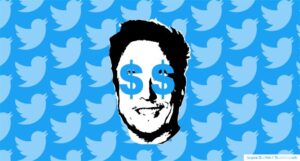
Is the U.S. economy entering a recession as Americans express growing concerns about its health, citing rising unemployment rates?
The American consumer and business sectors are currently experiencing heightened uncertainty due to inflation fears linked to President Trump’s proposed tariffs. This sentiment is prompting questions about its effect on spending patterns, hiring trends, and the overall trajectory of the world’s largest economy.
Background on Economic Sentiment
According to a recent report from The Conference Board, consumer confidence in early 2024 has dropped significantly compared to previous months. This decline suggests that individuals are becoming increasingly pessimistic about their financial situations and future economic prospects. Additionally, surveys conducted by the National Federation of Independent Business indicate that uncertainty among business leaders has reached a three-year high.
The Role of Inflation in Easing Uncertainty
The fears surrounding inflation stemming from Trump’s tariffs have placed additional stress on consumer and business confidence. High inflation rates can lead to reduced spending as consumers become more cautious about their financial planning. However, the impact of these fears is not always straightforward; it depends on external factors such as weather conditions and broader economic indicators.
Consumer Spending Trends
Consumer spending accounts for approximately 70% of the U.S. economy, making it a critical driver of economic growth. Retail sales, which represent about one-third of overall consumer spending, are particularly vulnerable to changes in confidence levels. Recent data shows a slight decline in retail sales in January compared to the previous month, with some analysts attributing this to weather-related disruptions rather than genuine shifts in consumer behavior.
Expert Opinions on Recession Risks
Economists caution that while inflation fears may contribute to reduced consumer spending, they have yet to materialize into a widespread recession. For instance, Zandi of Moody’s emphasizes that high spending levels typically offset the effects of inflationary pressures. However, if confidence continues to dwindle and consumers exhibit signs of pulling back from spending, this could create conditions ripe for economic instability.
The Impact of High Inflation on Consumers
The combination of high inflation and elevated borrowing costs is straining many consumers, particularly those with limited financial resources. This strain can lead to reduced spending as individuals become more risk-averse in the face of uncertain economic conditions.
Business Uncertainty and Hiring Trends
The concerns surrounding inflation are also having a ripple effect on businesses across various sectors. Companies are being forced to adjust their pricing strategies, which can lead to profitability challenges if not managed effectively. Additionally, hiring practices are becoming increasingly cautious as businesses weigh the costs of maintaining operations against potential revenue gains.
Conclusion
While inflation fears stemming from Trump’s tariffs have created an atmosphere of uncertainty, the immediate impact on economic indicators such as consumer spending and retail sales is still limited. As confidence continues to fluctuate and external factors evolve, it will be critical for both consumers and businesses to adapt their strategies accordingly.


